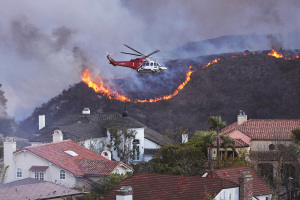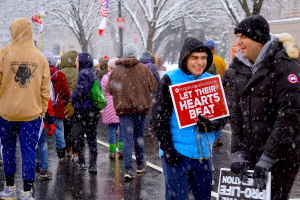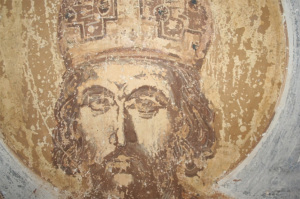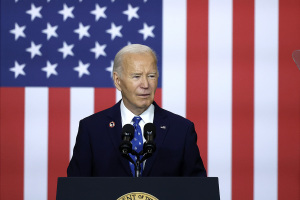Alabama gov. signs law allowing Briarwood Presbyterian Church to have own police force
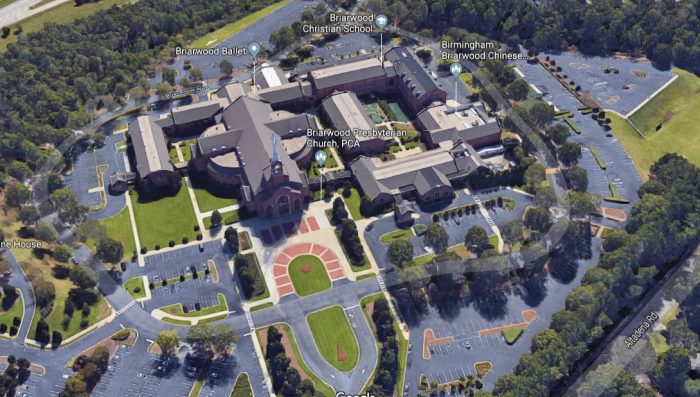
After several years of seeking to establish a private police force to adequately protect its church and school campuses, Alabama Gov. Kay Ivey has signed legislation allowing the Briarwood Presbyterian Church to do just that despite objections from critics.
The Associated Press reported Wednesday that Ivey approved the legislation some two week ago.
In a statement on the approval, Briarwood said that despite having a great relationship with local law enforcement agencies, establishing a private police force had become necessary because the state was unable to provide adequate security for the approximately 2,000 students and faculty of Briarwood Christian School located on two campuses in unincorporated Jefferson and Shelby County due to budget cuts.
“Briarwood also recognizes the state budgetary issues identified by the Emergency Task Force on School Safety and Security which coupled with the demand for APOST certified qualified first responders creates stress on our law enforcement departments. This can and does lead to full-time staffing issues for both campus locations,” the church said.
“Alabama Code 16-22 allows certain educational institutions to appoint and employ one or more suitable persons to act as police officers to keep off intruders and prevent trespass upon the institution property. The institutions currently provided the protection under this statute include a number that have less students than does Briarwood Christian School. We are grateful to the governor and our elected officials for approving our request to be added to the existing Alabama Code 16-22,” the church added.
The ACLU of Alabama argues, however, that the move by Briarwood to establish its own police force is a violation of the Establishment Clause that the church has been pursuing since 2015.
“These attempts to undermine the separation of church and state are a threat to our freedom of religion and a violation of the Establishment Clause. For that reason, we will continue to fight any plans to create a state-sanctioned, church-operated police force,” the organization said in 2017.
Randall Marshall, the executive director of the ACLU of Alabama, told the AP that the law could allow the church to cover-up criminal activity that occurs on its campuses and expects it to be challenged in courts for unconstitutionally granting government power to a religious institution.
Matthew Moore, Briarwood's church administrator, told ABC 33/40 that they won’t be hiring their own officers immediately.
“This initiative will require significant planning and development of proper agreements, policies and operating procedures,” Moore said. “Not until we have a well-developed plan based on best law enforcement practices and following the model of other institutions that benefit from AL 16-22 will we proceed with hiring an APOST certified officer.”
He added that police officers in the agency they establish will be answerable only to the church.
“Line officers will report to supervisors and supervisors will report to the director of safety and security/chief of police,” Moore said. “The director/chief reports to the administrator/chief operating officer/dean/college president, who is then responsible for reporting to the governing body, ie: board of trustees, board of education or ruling elders.”
Judge John Carrol at Cumberland School of Law explained that Briarwood officers will have: “The power to arrest, the power to engage in hot pursuit, the power to use non-lethal force, those kinds of things.”
It will also allow the church to keep certain records such as financial records and internal investigations private. Other records, however, will have to be made public.
“Once he begins using the power the state law has conferred, the power to use non-lethal force, the power to arrest, that means any of those activities will have to be reported just as if he were or she were a police officer employed by a public entity,” Carrol explained.
Responding to transparency concerns, Moore said, “Briarwood intends to be fully transparent and cooperative with all applicable laws."
















